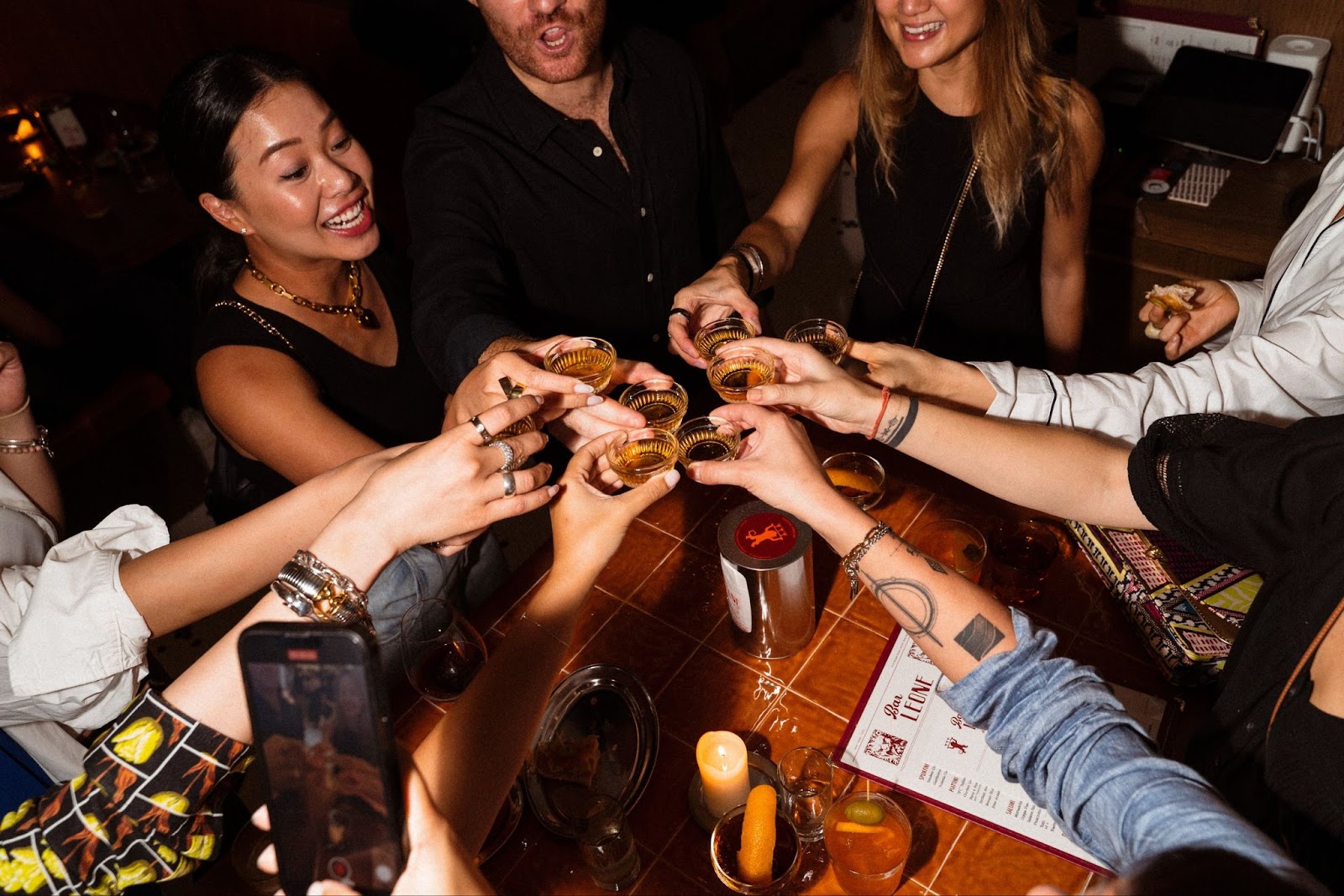Hong Kong has one of the highest alcohol taxes in the world, with a 100% excise tax (an indirect tax charged by the government on certain goods that may be linked to health issues) on spirits with an alcohol content over 30%. The special administrative region surpasses its closest competitor, the Micronesian Island of Kiribati, where taxes on spirits are at 93.53%, as well as Norway, where the tax is set at 88.87%.
However, this high alcohol tax could soon change. In the upcoming policy address on October 16, Hong Kong Chief Executive John Lee is expected to announce a reduction in liquor tax.
Commentators and industry professionals speculate that the move may be aimed at revitalizing the city’s struggling tourism sector, particularly its nightlife, which is vital for its economy. Hong Kong’s tourism industry has struggled in recent years, especially after the pandemic. People who are familiar with Hong Kong’s nightlife scene may not be surprised by this measure. In 2008, Hong Kong abolished the excise tax on non-spirits, leading to a surge in the wine trade, with the city becoming a global center for wine auctions and fine dining.
Joe Milner, Managing Director at alcohol beverage supplier Milestone Beverages HK commented, “The government and industry have been talking about a reduction in spirits tax for decades now with no avail, and it’s great to see that it’s really going to happen this time.”
“Like with the abolishment of the wine tax and the global trend of spirits consumption, it’s great to see that Hong Kong could become the spirits trading hub of the APAC region,” he added.

Currently, Hong Kong faces growing competition from nightlife hubs like Tokyo and Singapore, especially in the wake of the pandemic and as the Chinese mainland’s economic slowdown impacts tourism.
With nine entries in Asia’s 50 Best Bars in 2024 — including the number one pick, Bar Leone — Hong Kong is clearly known for its high quality drinking establishments. Reducing liquor taxes could further strengthen its night-time economy, attracting more visitors and supporting its hospitality industry, crucial for sustaining its global nightlife appeal.
Milner noted, “Most of this tax reduction will benefit premium and luxury spirits, which will be great for the city, consumers, and distributors.”
As the Managing Director explained, if one currently pays 1,600 HKD for a bottle of the whiskey Johnnie Walker Blue Label, that price could potentially drop by 25%. This reduction would encourage tourists to purchase more high-end spirits in Hong Kong instead of opting for lower-tax markets like Japan, Singapore, and Taiwan.
Banner image via Concrete Playground.

















